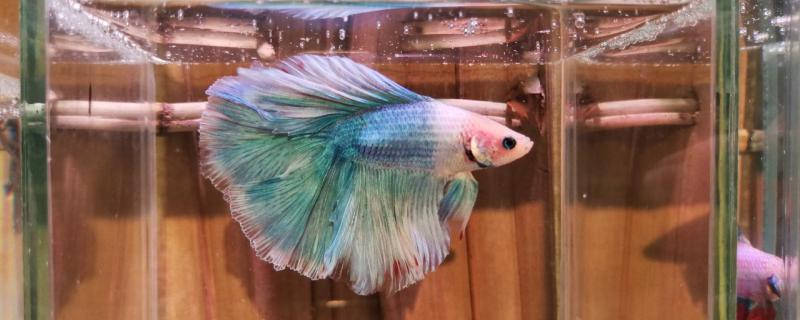
can bettas be raised? Generally, many breeders raise bettas for about 2 years, because their average life span is only 2-3 years. Moreover, after two years, they will gradually show signs of aging, and their ornamental value will gradually decline, so many breeders will give them up after two years. But there are also long-lived fighting fish, which can live for more than three years, and special species, which will live longer.
? Generally, the betta will mature 3-5 months after birth, but it is recommended that breeders wait for them to breed after 6 months. Because 3-5 months, their sexual function is not very mature, if reproduction, the quality of offspring is not very high, so it is best to reproduce after 6 months.
? Bettas are oviparous. Before breeding, the male will spit out bubbles to build a nest. After the betta is in heat, the male fish will keep chasing the female fish. When he catches up with the female fish, he will tightly entangle the female fish with his broad fins. Under the male fish's entwining, the female fish will release eggs. After the female fish lays eggs, the male fish will inseminate immediately, and after the insemination is completed, the eggs will be put into the nest. During the incubation of the eggs, the male fish will always be on guard, and from time to time, he will use his fins to fan the water flow to ensure that the oxygen in the nest is sufficient.